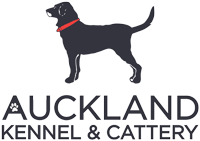Are Bones Safe to Feed Dogs?
Dogs consider a bone a prized possession, but how do you know which bones are safe? Should you give in to those pitiful eyes begging for your leftover bone from dinner?
It’s tempting to share your scraps, especially when they’re barbecue leftovers. But giving a dog a bone, especially a cooked one, can have more risks than benefits.
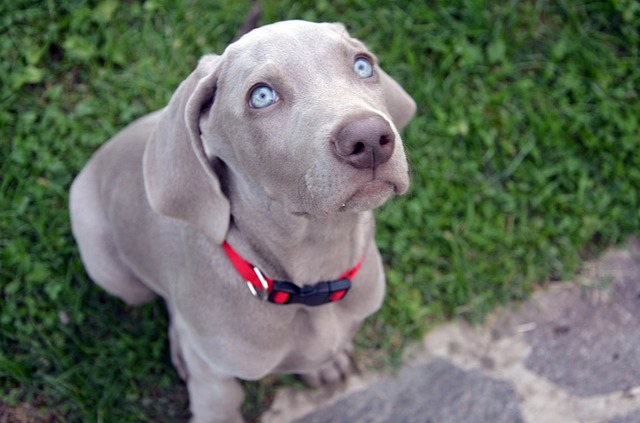
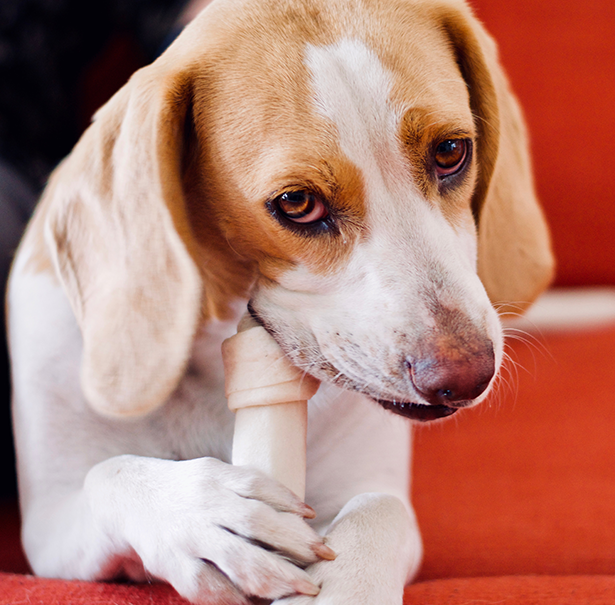
Bones Can Kill Your Dog – So Which Ones are Safe?
Many of us think it’s safe to give dogs large bones, like those from a ham or a roast, but cooked bones are unsafe no matter what their size.
Choking and Injuries
Dogs have much more powerful jaws than we do, so cooked bones splinter when dogs chew on them, creating sharp chunks and shards that can be a major choking hazard. Bone fragments can easily get lodged in your dog’s throat, blocking the airways. As they go down, those chunks are sharp and can puncture the stomach and intestines, leading to serious internal bleeding and possibly death.
Blockages
Even if your dog does chew up bones successfully, the chance of the chunks getting stuck in the intestines is fairly high. Bone fragments too large to pass through the gut obstruct the flow of other digested food in the gastrointestinal tract. Obstructions are very serious and can quickly lead to severe illness and death. They must be surgically removed by veterinarians.
If your dog starts vomiting, has prolonged diarrhea, any lethargy or loss of appetite after eating bones, take them to a vet.
Bones Can Kill Your Dog – So Which Ones are Safe?
Many of us think it’s safe to give dogs large bones, like those from a ham or a roast, but cooked bones are unsafe no matter what their size.
Are Any Bones Safe for My Dog?
Your dog’s ancestors have been eating bones forever. Dogs love to chew raw bones for the taste, the nutrients found in marrow and the bones themselves, the mental stimulation, and also because all that gnawing is great exercise for the muscles of the jaw.
Raw bones can be both safe and healthy providing you’re careful.
Types of Raw Bones to Feed Your Dog
Essentially bones can be separated into two categories:
- Edible bones
- Recreational bones
Edible bones are the hollow, bones of birds: typically chicken and turkey wings and necks. They are soft, pliable, do not contain marrow, but provide calcium, phosphorus and trace minerals – an essential part of your dog’s diet.
Recreational bones – big chunks of beef femur or hip bones or brisket bones, filled with marrow – can be chewed and gnawed. They provide mental stimulation and are great for your dog’s oral health. Chewing on a raw bone, especially a meaty one with cartilage and soft tissue still attached, is the canine equivalent of a good tooth brushing and flossing. They break down tartar and reduce the risk of gum disease.
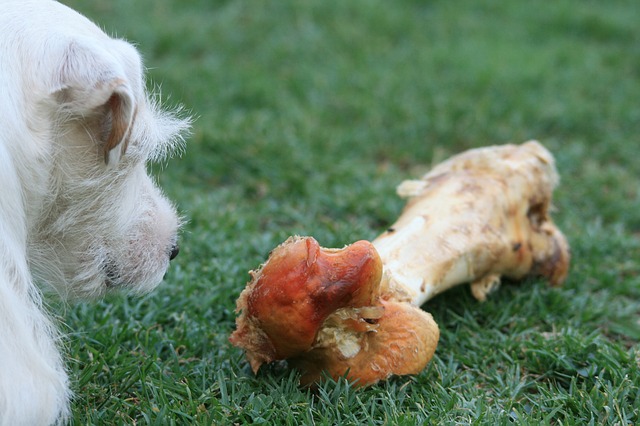 How to Feed Bones?
How to Feed Bones?
To minimise the risks when you give a dog a bone it is best to follow these guidelines.
Always make sure the bone is:
- Raw
- Big
- Never cut – they are more likely to splinter.
You should supervise your dog while they’re busy with a bone. That way you step in if your dog happens to choke, or if you notice any blood on the bone or around your dog’s mouth from over-aggressive gnawing.
When your dog has chewed down to the brittle part of a knuckle bone, making splinters more likely, throw it out. Do not allow your dog to chew it down to a small chunk they can swallow.
It’s also a good idea to give a dog a bone to chew on after they’re full. Hungry dogs are more tempted to swallow a bone whole or break it apart and swallow large chunks, increasing the risk of an obstruction in the digestive tract.
A Healthy Alternative to Feeding Raw Bones
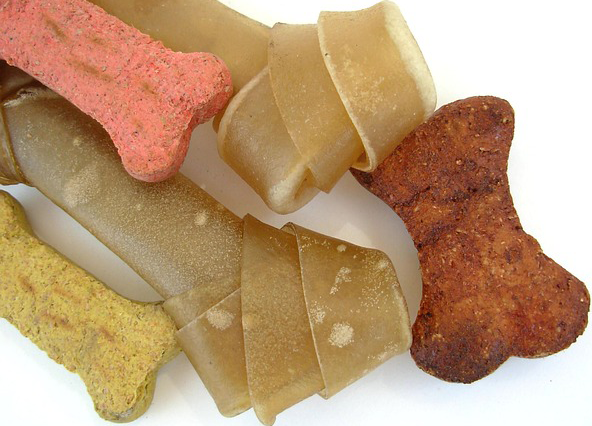 Have you considered a softer alternative: a high quality, edible dental bone? A fully digestible, high-quality dental dog chew helps control plaque and tartar and is similar to the effect of eating whole, raw food in the wild.
Have you considered a softer alternative: a high quality, edible dental bone? A fully digestible, high-quality dental dog chew helps control plaque and tartar and is similar to the effect of eating whole, raw food in the wild.
You can buy dog dental bones that are 100 per cent natural and contain no corn, soy, gluten, extra fat or sugar, or animal by-products.
What Do I Do If My Dog Eats A Bad Bone?
Dogs can be sneaky, so, if your crafty canine has eaten cooked bones, stay calm and follow these steps:
- If you catch your dog in the act, try to take away the bones before they gobble them all up.
- Check they’re not choking.
- Call your veterinarian to see if they have any immediate suggestions.
Watch your dog closely. Ingesting chicken bones doesn’t necessarily lead to any problems, but it’s crucial to keep a close eye on your dog over the next few days.
If your dog exhibits any of these symptoms, go to your vet right away:
- vomiting
- lethargy
- abdominal bloating
- not eating
- constipation or straining to defecate
- bloody stool.
Feeding people foods to dogs is generally a bad idea, and foods, such as rib bones, chicken bones or other cooked bones should particularly be avoided.
Dog Care, Health and Nutrition
We feed balanced, nutritious pet food to our dogs and cats at our boarding kennels. To ask about our animals’ diets call 09 299 7415 or email us with your dog nutrition questions.
Dogs under our care at our boarding kennels and Auckland dog day care are checked every morning for their consumption of food and water. We also monitor urinary and bowel motions. We have a 24-hour vet on call, for any eventuality.
